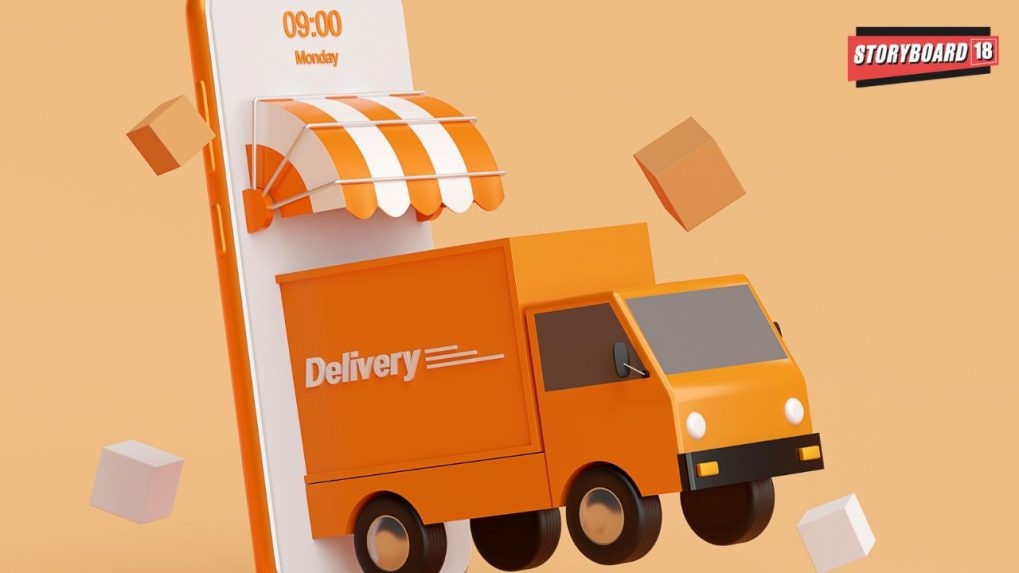India’s qcomm market surges to $7B in 2024, set for 40% annual growth despite challenges: Flipkart and Bain & Company
Once focused primarily on groceries, quick commerce has evolved, with 15-20% of its GMV now stemming from general merchandise, mobile phones, electronics, and apparel.
ADVERTISEMENT
Quick commerce platforms like Blinkit, Zepto, and Swiggy Instamart have captured more than two-thirds of online grocery orders and contributed to 10% of e-retail spending in 2024, according to a report by Flipkart and Bain & Company.
The sector has experienced meteoric growth, with its total gross merchandise value (GMV) skyrocketing from $1.6 billion in 2022 to $7 billion in 2024. This rapid expansion is expected to continue at over 40% annually until 2030, fueled by category diversification, geographic penetration, and a widening customer base.
Once focused primarily on groceries, quick commerce has evolved, with 15-20% of its GMV now stemming from general merchandise, mobile phones, electronics, and apparel. This growth trajectory aligns with predictions from market analysts, with a Bernstein report suggesting that the sector could surpass traditional retail, recording an astonishing 75-100% year-on-year growth.
Quick commerce accounted for nearly 50% of incremental e-retail growth in 2024, serving over 20 million annual online shoppers and employing more than 400,000 people.
Despite its rapid rise, quick commerce faces significant hurdles, particularly in achieving sustainable profitability and scaling beyond major metropolitan areas. The report notes that 85% of the sector's GMV in 2024 came from just six major cities, raising concerns about order density, purchase frequency, and spending levels in smaller markets. Moreover, increasing competition from new entrants like Flipkart Minutes, Myntra’s M-Now, BigBasket’s BB Now, and Amazon’s Tez is expected to drive up customer acquisition costs and put further pressure on margins.
To sustain long-term growth, quick commerce platforms must refine their business models, optimize supply chains, and introduce larger dark stores with an expanded product assortment. The Flipkart-Bain report emphasizes that adapting to evolving customer demands and enhancing operational efficiency will be critical for the next phase of quick commerce expansion.

